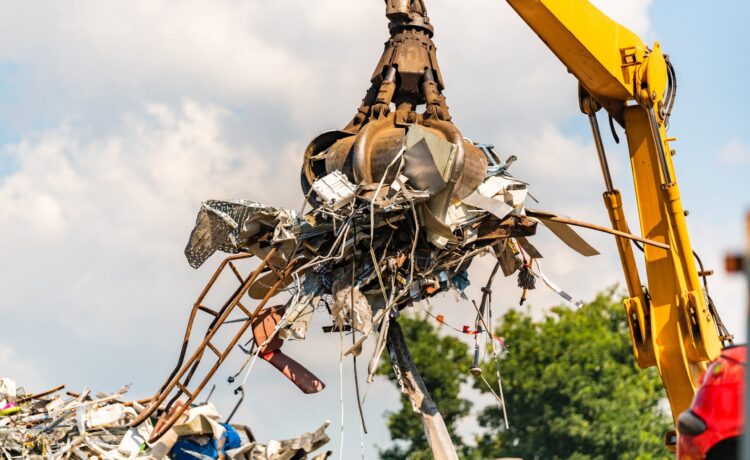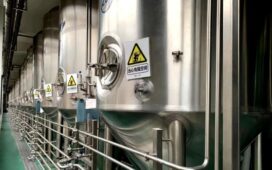As the world grapples with squeezing environmental challenges and the pressing requirement for sustainable practices, metal recycling near me arises as a critical arrangement on the path to a greener, more sustainable future. Recycling metals offers a myriad of environmental, financial, and social advantages, making them a key player in global sustainability development.
Conservation of Limited Assets:
The Earth’s natural assets, including metals like iron, aluminum, and copper, are limited. By recycling scrap metal, we decrease the requirement for virgin materials, saving these valuable assets for future generations.
Energy Savings:
Extracting and refining metals from raw minerals is an energy-escalated process. In contrast, recycling metals consumes significantly less energy, leading to diminished ozone-depleting substance emissions and a smaller carbon impression.
Decrease in Landfill Waste:
At the point when metal things are discarded in landfills, they can take hundreds of years to decay completely. Recycling redirects these materials from landfills, diminishing the strain on waste management frameworks and mitigating soil and groundwater contamination.
Work Creation and Monetary Development:
The ottawa recycling industry is a cause of occupation creation and monetary development. It gives businesses amazing open doors and stimulates local economies through the handling, transportation, and resale of reused metals.
Emission Decrease:
The mining and handling of raw metals add to air and water contamination. By recycling scrap metal, we limit the environmental impact of these harmful emissions.
Decrease in Mining Impacts:
Mining operations can lead to deforestation, habitat annihilation, and disruptions to local networks. Recycling lessens the requirement for new mining endeavors, thereby safeguarding natural environments and human occupations.
Asset Proficiency:
Recycling scrap metal is an exceptionally asset-effective practice. It requires less water and energy compared to primary metal creation, making it an environmentally dependable decision.
Circular Economy Standards:
Scrap metal recycling aligns with the standards of a circular economy, where materials are reused, reused, and reused to expand their lifecycle. This approach limits waste and maximizes asset utilization.
Local area Engagement:
Engaging in scrap metal recycling encourages local area participation in sustainable practices. Individuals, organizations, and organizations can all add to an aggregate exertion toward a more sustainable future.
Scrap metal recycling is undeniably a pivotal part of the sustainable future we aspire to create. Its ability to ration assets, decrease energy utilization, limit contamination, and stimulate monetary development highlights its importance in our endeavors to safeguard the climate and advance dependable asset management. To embrace scrap metal recycling is to take a significant stage towards an additional sustainable and environmentally cognizant world, where our actions today have a lasting impact on generations to come.













